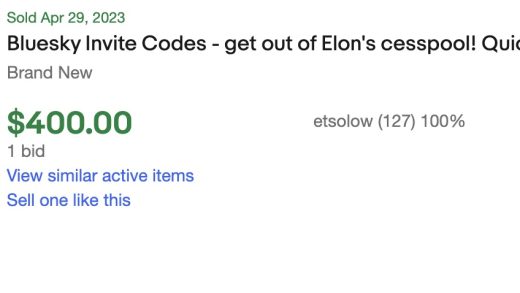Gradle has arrived in v6.3. Since Java 14 was released last week, it’s no surprise that Gradle now supports running and building with the latest language version.
SEE ALSO: Java 14 – “Regression and compatibility tests are essential”
Let’s see what else is new.
Features in Gradle 6.3
In Gradle 6.3, error messages have been upgraded for different areas to provide more information and become user-friendlier.
When Gradle encounters a startup failure, error messages now show the reason for the failure:
When the Gradle daemon crashes, Java fatal error logs now print the location of the crash log to the console:
Another change in v6.3 is that the Java native keyword now has a default value for the compile task for each source. The Gradle team recommends removing custom header locations if they have been set and using the default value instead.
Other changes include an extension of the API for component metadata rules, which now allows access to packaging, classifier and type information from POM metadata.
Breaking changes and deprecations
This release includes several potential breaking changes when upgrading from Gradle 6.2. For example, there are now fewer dependencies available in IDEA, and the bundled Gradle dependencies for Kotlin and Groovy have been moved to the newer language versions Kotlin 1.3.70 and Groovy 2.5.10.
Since the default and archives configurations added by the base plugin are not used in modern Gradle builds, they are now deprecated. For now, they are still included for compatibility purposes.
SEE ALSO: Java 14 – “Small changes can significantly improve the developer experience”
There are currently no known issues in Gradle 6.3. You can get the new version by updating the wrapper:
./gradlew wrapper --gradle-version=6.3
See the release notes for further details.
The post Gradle 6.3 adds support for Java 14 & more appeared first on JAXenter.
Source : JAXenter



















